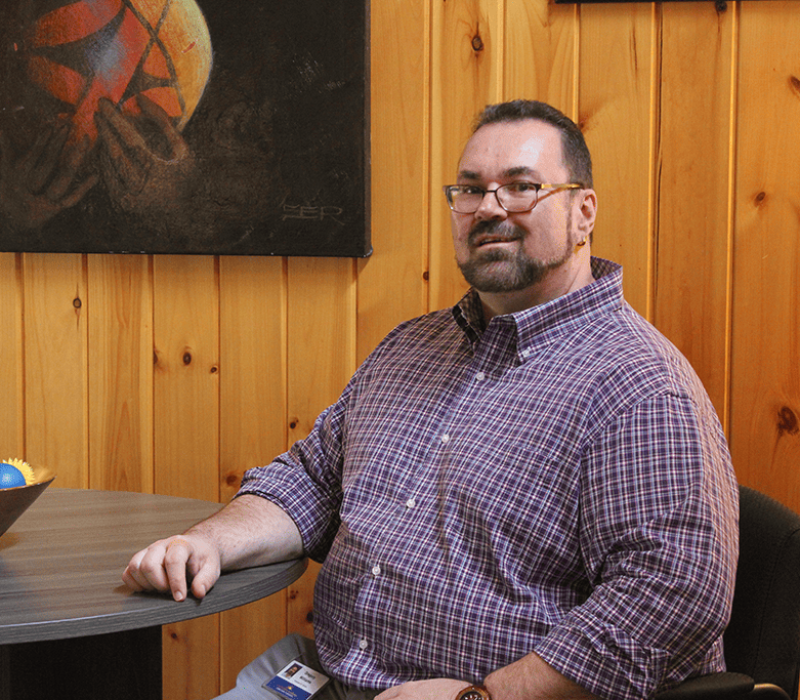
Gregory H. Williams, Ph.D.
Dr. Williams is a licensed Psychologist who earned his M.A. and Ph.D. in Clinical Psychology from The University of Connecticut. He completed his clinical internship at Connecticut Valley Hospital in Middletown, CT., and completed his postdoctoral residency at EASTCONN PACE Secondary Program, a therapeutic special education school program in Columbia, CT. He has been working with children and adolescents within educational settings for more than 25 years and specializes in the assessment and treatment of childhood mental health issues and their impact upon students’ functioning both at school and in the community.
Who performs the evaluation?
Risk assessments are completed by a Licensed Clinical Psychologist.
What are the benefits of these types of Risk Assessments?
While no assessment can definitively predict future violence or inappropriate sexual behavior, a risk assessment uses techniques to determine a level of risk, such as structured interviews with the child and parents, review of background information and school records, completion of behavior rating scales by the child, parent and teachers/providers, and personality testing to determine the presence and severity of risk factors, as well as mitigating variables. A risk assessment can assist with developing strategies and interventions to help the child remain safe and be successful, as well as to help identify needed supports and services.
What takes place during a Risk Assessment?
A Risk Assessment will include:
⦿ A structured clinical interview with the parent and the child
⦿ Behavior rating scales completed by the parent, child, and teacher or counselor
⦿ Personality testing
⦿ Cognitive or adaptive assessment may also be requested depending upon the referral questions
⦿ Review of relevant background information, previous evaluations and school records
⦿ Review of information provided by other mental health service providers.
